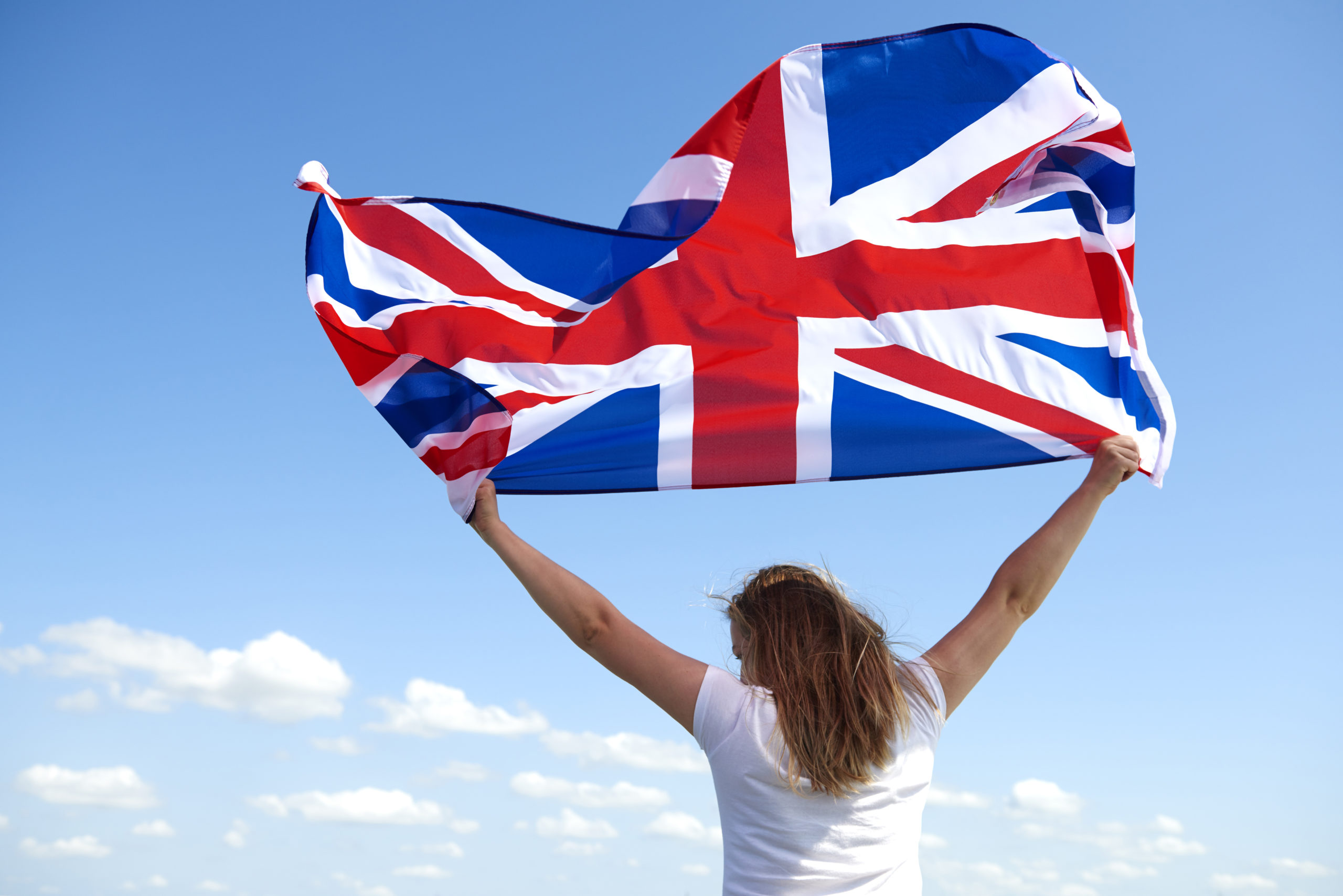Why Are Ships and Countries Called “She”? Understanding Gendered Language in English
If English isn’t your first language (or ‘mother tongue’), you might find some expressions a little odd – such as the practice of referring to ships and other vessels, and even countries, as “she” – the feminine pronoun – unusual for English to be gendered in this way.
And, as we celebrate International Women’s Day, a global occasion to honour the achievements and resilience of women, it’s the perfect time to explore how language reflects and shapes our understanding of gender.
Why might English speakers do this? Where does this tradition come from, and is it still relevant today?
At our London-based English language school, we love exploring these fascinating aspects of the language. Understanding these cultural and linguistic quirks can help you to sound more natural and confident, whether you’re learning English for work, study, or travel.
Let’s dive in!
Where Did Gendered Language in English Come From?
English, like many languages, used to have grammatical gender, meaning nouns were classified as masculine, feminine, or neuter—similar to Spanish, French, or German. Over time, English dropped this system, but some gendered traditions remained.
One of the most well-known is referring to ships and countries as “she.”
Why This Matters for English Learners
- Understanding historical influences makes it easier to recognise why certain expressions exist.
- It helps you to decode older texts, poems, or movies where such language is more common.
Why Were Ships Traditionally Called “She”?
For centuries, English speakers have referred to ships using feminine pronouns. But why?
Main Reasons:
- Historical grammar – Old English had gendered nouns, and this habit may have carried over even after English as a rule became gender-neutral.
- Emotional connection – Sailors viewed their ships as protectors, much like a caring mother. Crews being typically all-male, those for whom a ship became their home might have been likely to miss most their female companions.
- Naming customs – Many ships were named after women, including queens, goddesses, and loved ones.
- Superstition – Some believed treating a ship with respect (as if it were a person) would bring good luck – although this doesn’t explain why “she” and not “he”.
- Sexism – traditionally, most societies treated women as chattels or belongings; until marriage a woman would in effect belong to her father, and thereafter to her husband; in law she would be no different to an animal or a piece of property.
- Example: The famous Titanic was often called “she,” not “it”.
Ships, Planes, and Cars: Why Are Vehicles Given Female Names?
This tradition didn’t stop with ships! Over time, people started referring to planes, cars, and even tanks as “she”.
Cars – Many English speakers give their cars female names or say things like, “She runs smoothly.”
Planes – During World War II, pilots often named their aircraft after women and even painted female figures on them for good luck.
Why Are Some Countries Called “She” in English?
Countries are sometimes personified as women, especially in patriotic speeches, literature, and poetry. For example:
“God bless America. May she always be free.”
“France is proud of her history.”
Why?
- The idea of a motherland suggests nurturing, protection, and strength.
- Many national symbols—like the Statue of Liberty—are depicted as female.
Did You Know? Some languages, such as Russian or Arabic, use masculine terms for countries instead! Some countries and languages refer to a fatherland, rather than a motherland.
Is This Tradition Changing?
Yes! In recent years, the use of “she” for ships, countries, and vehicles has started to fade.
- More gender-neutral language – Many organisations now prefer using “it” instead of “she.” Perhaps most notably in the English language, Lloyds Register of Shipping refers to ships as “it”. Whereas previously, Lloyds might have said of a ship that “she changed her route” it would now say “it changed its route”; it’s that easy to degender language in English. [Read our article on the usage of it’s and its]
- Cultural shifts – Some see this tradition as outdated and tied to old gender roles (see ‘Sexism’ above).
- Official updates – Museums, navy institutions, and media style guides now recommend using neutral terms, in line with current parlance.
But! You’ll still hear older speakers, sailors, and car enthusiasts keeping this tradition alive.
[Related: How English Words Evolve Over Time]
How Other Languages Handle Gendered Words
Many languages still assign gender to ALL nouns.
- Spanish, French, and German: Every noun is either masculine or feminine.
- Finnish and Turkish: Entirely gender-neutral—but people still sometimes use “she” for ships!
What This Says About Society
The practice of giving human traits to objects is called anthropomorphism. It reflects how people view the world and traditional gender roles. In storytelling, culture, and language, we often personify things to make them feel more familiar.
Why This Matters for English Language Learners
If English isn’t your first language, here’s what you should know:
- You don’t need to call ships or countries “she” in modern English.
- It’s still common in older books, movies, and conversations – but now you’ll understand why.
- Learning about these traditions helps you sound more natural and understand cultural context.
- Understanding historical influences makes it easier to recognise why certain expressions exist.
- It helps you to decode older texts, poems, or movies where such language is more common.
The way we use gender in language is always evolving. While calling ships and countries “she” is becoming less common, it’s still an interesting part of English language history and culture. Next time you hear someone say, “She’s a beautiful ship,” you’ll know exactly why—and perhaps you’ll also think about how we can shape language to reflect the values of equality and inclusivity we strive for today. Comparing English to your native language can make learning easier and more interesting.
Want to improve your English?
Join our immersive courses in London and practise with native speakers!
Start Learning Today – Explore Our English Courses
The way we use gender in language is always evolving. While calling ships and countries “she” is becoming less common, it’s still an interesting part of English language, history and culture. Next time you hear someone say, “She’s a beautiful ship,” you’ll know exactly why!
Unlock your full potential with The English Studio! Our experienced teachers offer personalised English language training for everyone, helping you to improve your work and to grow your social, business and career opportunities . Find out how our specialised lessons can help you to reach your goals. Call us on +44 20 7299 1700 or email us at [email protected] for more information. You can also complete our online test to check your English level or to meet with our Education Advisors for tailored advice.





